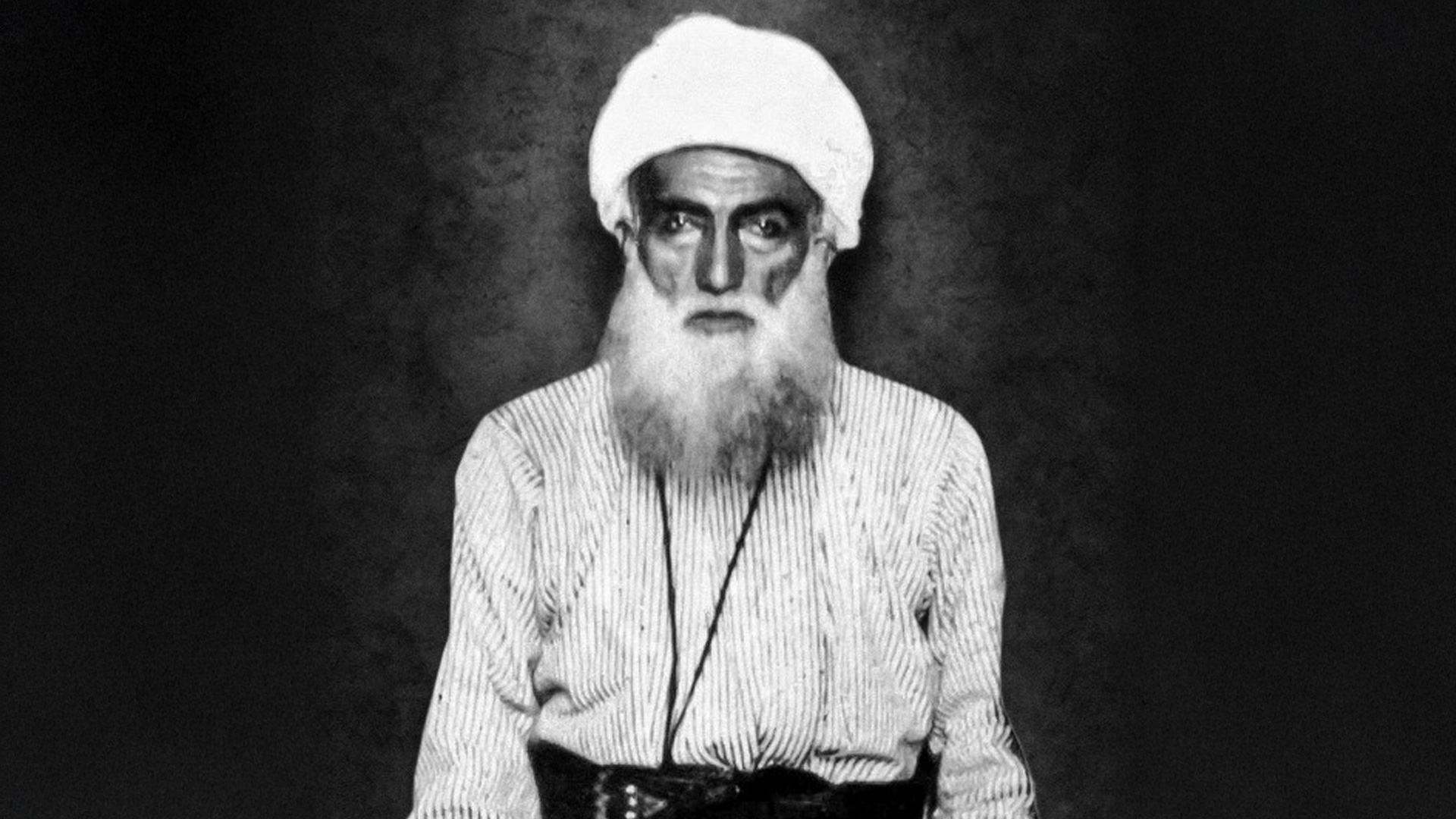Kurdistan Marks 100th Anniversary of Sheikh Said Piran’s Execution, Honoring a Legacy of Resistance
The uprising, which began on Feb. 13, 1925, was sparked when Turkish forces attempted to arrest several members of Sheikh Said’s group in the Piran district of Diyarbakir province.

ERBIL (Kurdistan24) – Today, June 29, marks the 100th anniversary of the execution of Sheikh Said Piran, a prominent Kurdish religious and national leader, who led an uprising in 1925 to establish an independent Kurdish state. He was executed in Diyarbakir along with 46 of his comrades following the failed revolt.
The uprising, which began on Feb. 13, 1925, was sparked when Turkish forces attempted to arrest several members of Sheikh Said’s group in the Piran district of Diyarbakir province. Refusing to surrender his followers, Sheikh Said resisted the operation, and the clash escalated into a broader rebellion. He soon became the symbolic leader of the movement, uniting Kurds under both religious and national aspirations.
Sheikh Said, a respected figure in the Naqshbandi Sufi order, was widely admired for his scholarship, wisdom, and leadership. Born into a notable religious family, he received his education in Khnus after his family relocated from the Palu area. His influence and wealth positioned him as a central figure in the Kurdish movement for self-determination.
The Komeleya Serxwebûnê (Freedom Party), an early Kurdish nationalist group, forged a strong alliance with Sheikh Said, recognizing his ability to mobilize people across religious and tribal lines. Though the uprising was ultimately suppressed, and Sheikh Said was hanged on June 29, 1925, his legacy has endured for generations.
On this centennial, Kurds across the region and in the diaspora are commemorating Sheikh Said as a martyr and a symbol of Kurdish resistance. His sacrifice continues to inspire movements advocating for Kurdish rights and identity in the face of historical repression.
